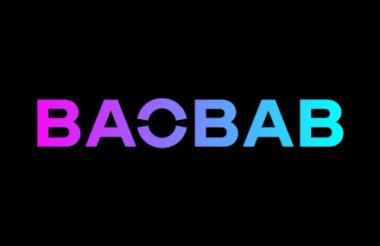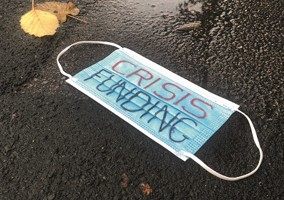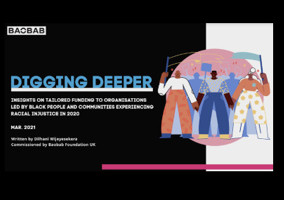Funders seem to have “overstated increases” in their support for charities and may have “reinforced inequality”, according to a boss at a new type of funder.
Joe Ferns, director at the Baobab Foundation, which is developing a fairer approach to distributing money, was speaking at the launch of a report about the impact of the pandemic on charity finances.
Patterns of Financial Vulnerability in English and Welsh Charities After the Onset of the Pandemic was published yesterday by the Third Sector Research Centre. One of its findings was that grants during the pandemic had not always reached the most financially vulnerable charities.
Researchers used open grant data from 360Giving to compare those charities that got funding with the general population of charities.
They found that recipients were more likely to come from larger charitable companies than smaller organisations.
“If our expectation was that awards would be made primarily to the most financially-vulnerable organisations then the data are not entirely encouraging,” the report says.
Recipients had lower levels of reserves than the charity population as a whole, suggesting that they did need extra resources. But recipients were also less likely to have experienced one or more years in which expenditure exceeds income by 25%.
‘Burden has not fallen equally’
Responding to the report, Ferns emphasised: “The burden of this hasn’t fallen equally.”
He suggested that using the measure of organisations in deficit would not capture all those struggling.
“In order to spend more than you bring in you have to have reserves,” he said.
Ferns also criticised funders for “performative language” and approaches that were “reinforcing inequality”.
When it came to the money available for charities he said “a lot of funders have overstated increases”.
“From what I have seen it doesn’t look like a massive increase,” he added.
In many cases funders were bringing forward funding or loosening the restrictions on existing funding.
Often funders supported organisations they already know, especially when they were trying to move quickly, which Ferns said meant they were actually “reinforcing inequality”.
Ferns also said that future research should consider the “people in this that we aren’t seeing”.
He explained that he is aware of lots of movements and activists who “aren’t setting up charities”.
“They are getting money from elsewhere and setting up in different ways,” he said.
Baobab has £8m pledged towards endowment
Ferns, who worked at the National Lottery Community Fund until February 2020, described the Baobab Foundation as: “A new type of funder set up to change how the funding ecosystem works.”
It aims to take a “fairer” approach with a “focus on racial justice” an is owned and led by its membership.
Furthermore it is “looking at making grants in a very different way”.
So far £8m has been pledged towards an endowment and Ferns hopes to distribute grants next year.
Related articles













